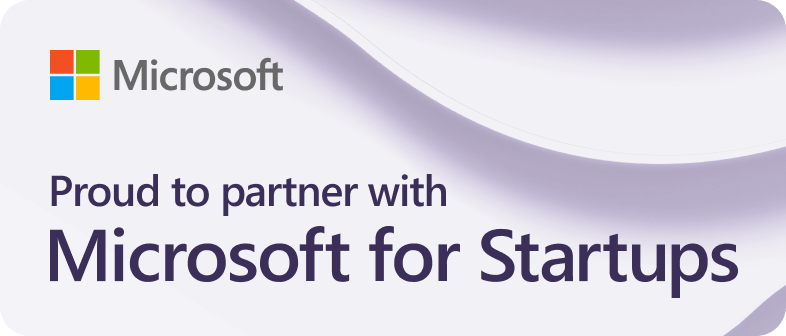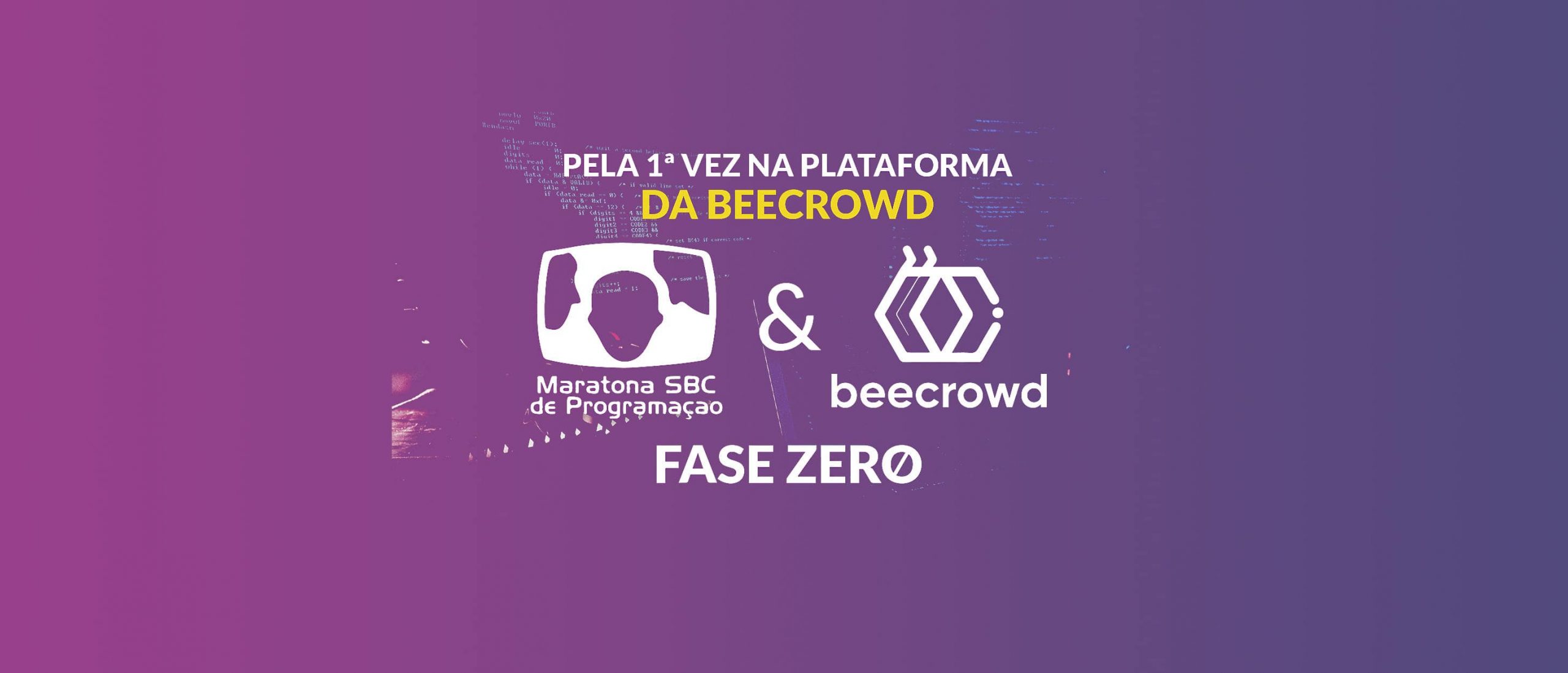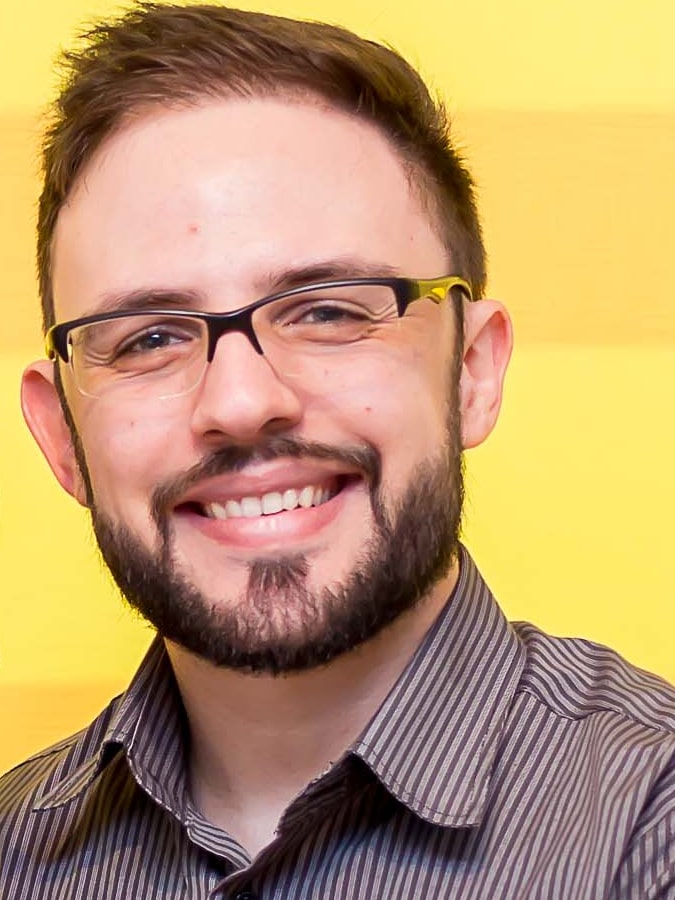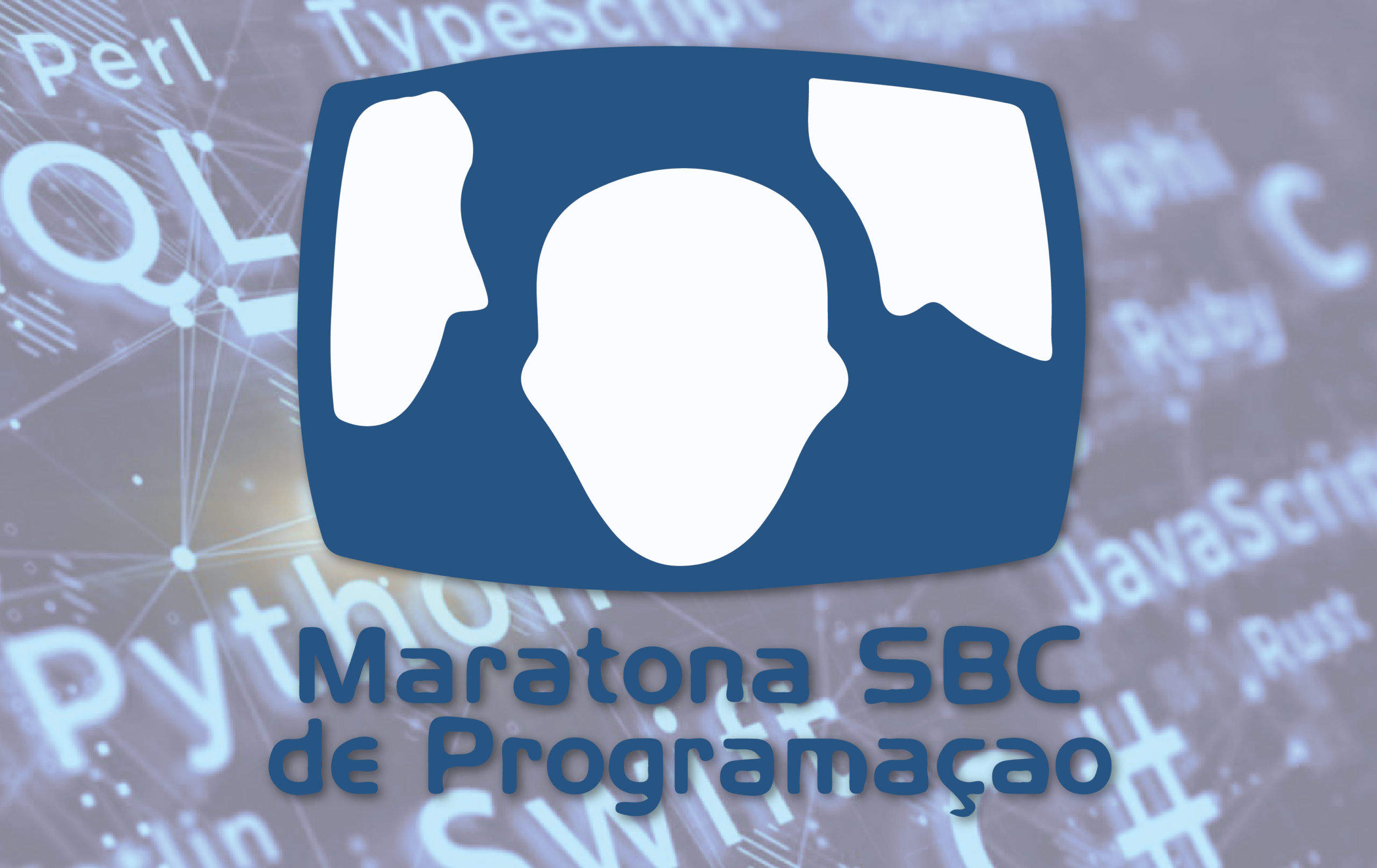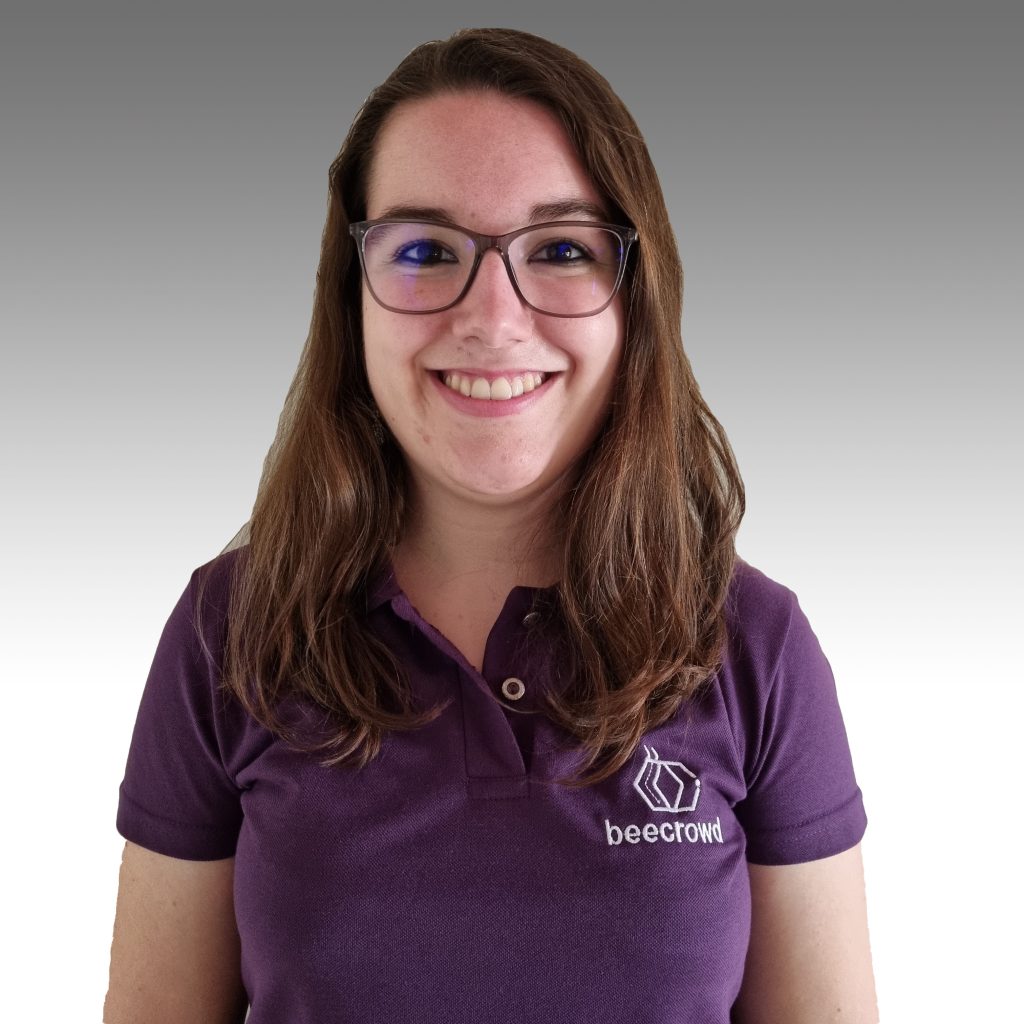
How to Highlight Programming Competition Awards on your CV
(6 minutes of reading) In a highly competitive scenario such as the technology market, standing out is essential to stand out among other professionals. A proven strategy for differentiating your resume and attracting recruiters' attention is through awards won in competitive programming competitions. In addition to being tangible recognition of your technical skills, these awards offer a series of benefits that can significantly enrich your professional profile. In this text we analyze how prizes in competitive programming competitions can strengthen your CV. Come read! ENRICHING YOUR RESUME WITH PRIZES FROM COMPETITIVE PROGRAMMING COMPETITIONS Winning prizes in programming competitions is a true testament to a professional's technical competence. These awards not only validate comprehensive knowledge in algorithms and data structures, but also highlight the ability to apply this knowledge effectively to solve complex problems in a highly competitive environment. When facing intricate challenges proposed by these competitions, one demonstrates not only an analytical and creative capacity, but also a systematic ability to find efficient solutions in a timely manner. More than simple recognition, these awards are concrete evidence of resilience and determination in the face of pressure, revealing the ability to overcome obstacles and persevere until achieving goals. These achievements also reflect a deep interest in and passion for technology, demonstrating an ongoing commitment to personal and professional development. Below is a list of how competitions can enrich your CV: Demonstration of Technical Proficiency: Awards in programming competitions are solid proof of your technical competence. They indicate that you not only have a comprehensive knowledge of algorithms and data structures but are also able to apply this knowledge effectively to solve complex problems in a competitive environment. Ability to Solve Complex Problems: Programming competitions are designed to challenge participants with complex and challenging problems. By winning prizes in these competitions, you demonstrate your ability to think analytically, creatively, and systematically to find efficient solutions in a short space of time. Strengthening Teamwork Skills: Many programming competitions are held in teams, which provides a unique opportunity to develop and demonstrate groupwork skills. Awards won as part of a team highlight your ability to collaborate, communicate and contribute to collective success. Resilience and Determination Under Pressure: Competing in a programming competition is a challenging experience that requires resilience and determination. The awards you win in these competitions show your ability to handle pressure, overcome obstacles, and persevere until you reach your goals. Indication of Interest and Passion for Technology: Participating in and winning competitive programming competitions demonstrates your interest and passion for technology. This shows employers that you are willing to invest extra time and effort into improving your skills and knowledge, which is highly valued in the ever-evolving technology sector. Awards won in competitive programming competitions are more than simple recognition; are powerful indicators of your skills, competencies, and commitment to excellence in the field of technology. By highlighting these achievements on your resume, you not only differentiate yourself from other candidates, but also show employers that you have the qualities and skills necessary to succeed in any challenging work environment.
Share this article on your social networks:
Rate this article:
Other articles you might be interested in reading
- All (185)
- Career (38)
- Competitions (6)
- Design (7)
- Development (112)
- Diversity and Inclusion (3)
- Events (3)
- History (15)
- Industries (6)
- Innovation (38)
- Leadership (8)
- Projects (23)
- Well being (18)

Cloud Computing and Digital Transformation and Social Impact

Tech in Education

Ethical Software Development

Balance Between Professional and Personal Growth

How to Highlight Programming Competition Awards on your CV



 Innovation
Innovation 
